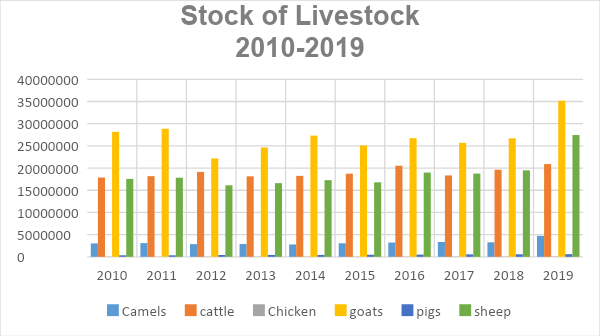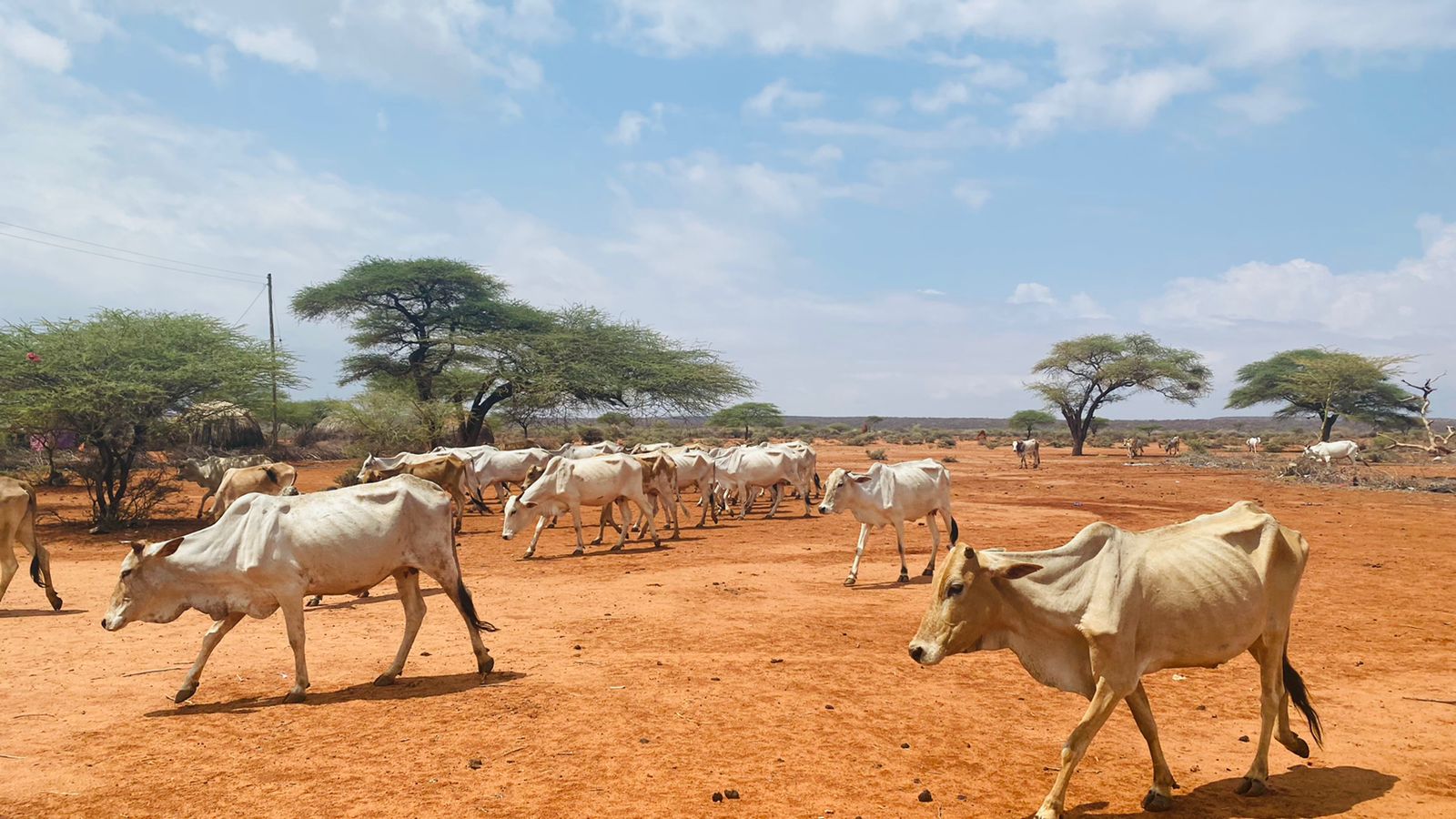Learning and Knowledge Management on Layering, Sequencing and Integration of humanitarian assistance and development
Through partnership with USAID RLA, Filatec inc is making real data analytics across the region through collaborative learning and adaptive approaches. Among other studies, Fi Crisis modifier is a quick and rapid mechanism to inject emergency funds during crises into existing development programs. These funds allow partners to respond rapidly to address humanitarian needs, reducing livelihood loss while protecting development investments.
USAID/Ethiopia pioneered the use of crisis modifier to quickly inject emergency funds during crises into existing development programs. These funds allow partners to respond rapidly to address humanitarian needs, reducing livelihood and protect development investments. better manage localized, extensive risks and protect development investments.

Climate-Resilient Livestock Sector
The livestock sector in Kenyan economy contributes about 12% of the Gross Domestic Product (GDP), 40% to the agricultural GDP and employs about 50% of the work force in agriculture and about 90% of the ASAL workforce and contributes 95% of household income for people living in the ASAL areas (Ministry of Livestock Development, 2010; Ministry of Agriculture, Livestock and Fisheries (MAL&F), 2015). Figure 1 shows the stock of livestock in Kenya during 2010-2019.
In Wajir county, thousands of the rural population depend mainly on their livestock as source of food and income however changing climatic patterns, increased animal disease has affected animal productivity. The county government of Wajir requested Filatec experts to develop a long terms strategy for Fostering Growth Competitiveness And Climate-Resilient Livestock Sector
Impact evaluation of Integrated Community Resilience Program
The ICREP project sought to build resilient model villages using both need and right based approaches in socio-economic strengthening. The project worked directly with 5535 households including smallholder farmers, fishers, traders, pastoralists, youth, and women in Kilifi and Mandera Counties. It will also support school children with an aim to improve enrolment, retention, and transition. Communities in target locations are vulnerable to climatic shocks, specifically drought, which combined with low productivity and a lack of access to markets and financial services has resulted in low-income security and widespread poverty.
In conducting the end line evaluation, Filatec utilized a mixed approach of quantitative assessment and qualitative interviews to answer evaluation questions. The Quantitative component comprised a review of existing secondary data sources e.g., surveys and existing databases where available to identify existing data and gaps in knowledge, and metrics that can be used for VFM assessment. For the qualitative assessment, a range of interviewees were selected to represent the views of stakeholders at different levels, and different target beneficiary groups.


Strengthening Food systems in the HoA
Filatec has worked with stakeholder in the East and Horn of Africa in adopting food systems’ approach to address recurring food security challenges. We have contributed significantly to policy development and frameworks for strengthened food systems. By using different tools, we have for instance conducted cross market functions analysis as part of Food and Agricultural System Mapping and Analysis
Expanding SME potential
Highly entrepreneurial African women and youth have seen the rise of new SMEs across the agricultural value chain tapping into both domestic, regional, and international markets offering both product and service-based solutions. Women and youth-owned enterprises are less competitive despite their potential to support the growth of economies.
While there are highly advanced SMEs in urban areas, for instance, small and informal SMEs are common in most rural areas in the region however access to credits, improved technologies, low capacity, and high cost of electricity limit the potential of growth for SMEs such as those specialized in production, processing, sales, distribution and transport, input supply, BDS, financial services, and insurance.

Women and Youth Economic Empowerment Program
Despite their potential , women and youth continue to remain vulnerable with several constraints limiting their ability to contribute to a broad based economic growth initiative. Africa is the youngest continent with over 65% of the population below 35 years and an estimated 40% being of working age- however youth unemployment remains at 60% of the total unemployed population. While the unemployment rate varies by country, it reaches as high as 70% in some African countries. The high unemployment rate has forced African youth into economic migration every year, with hundreds of thousands trying to move out of the continent seeking jobs